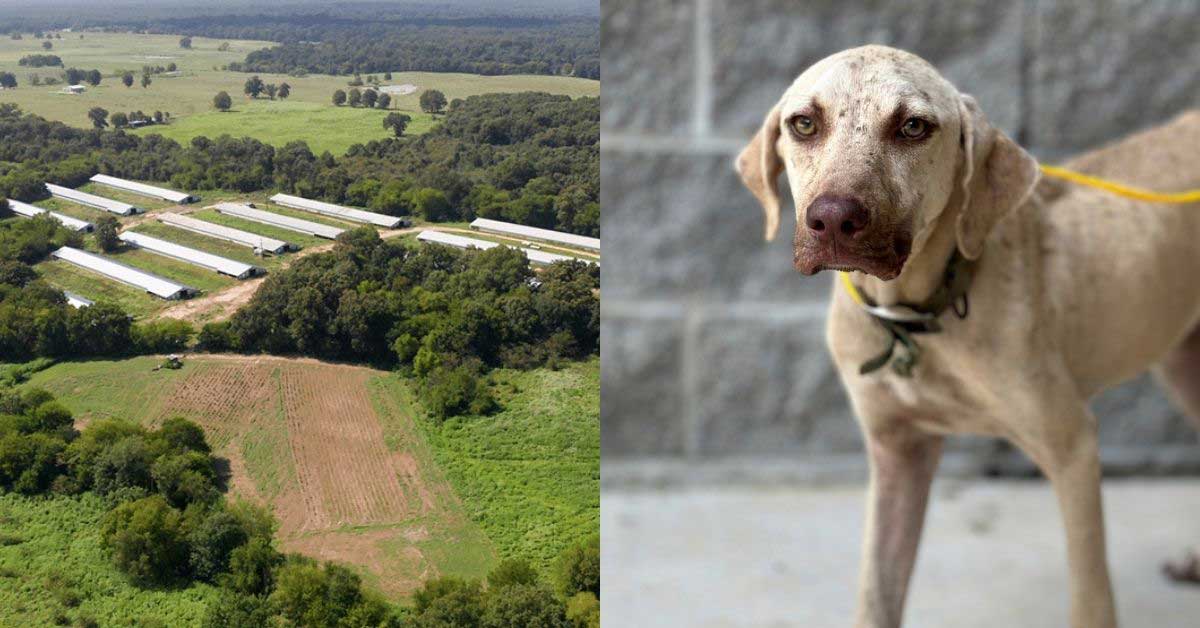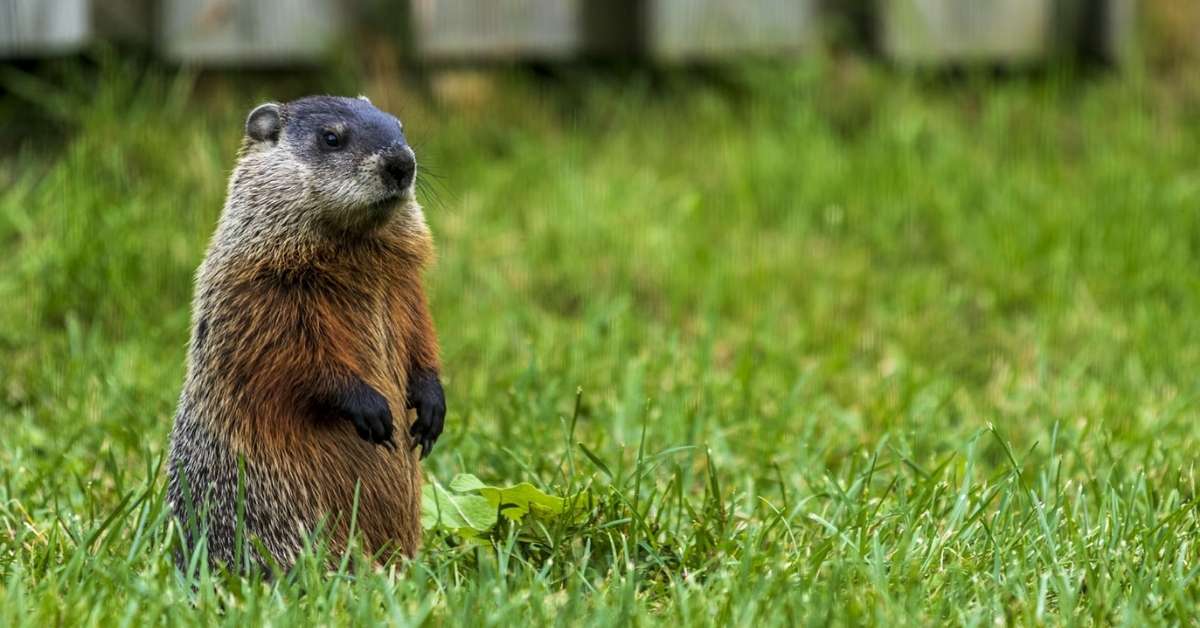Meat and dairy farming accounts for around 14.5% of global greenhouse gas emissions, according to the United Nations Food and Agricultural Organization.
But when United States farmers have been operating these businesses for generations, or make all of their income through animal agriculture, it can be intimidating to even consider the time, money, and energy it could take to transition to crop farming.
So, The Transfarmation Project is there to help.
The organization helps farmers transition from industrial animal agriculture operations to raising crops through robust conversion plans and crop guides, connections to business owners looking to buy products from “transfarmed” farms, as well as grants and cohorts to help ease the financial burden of transitioning.
“By creating models of alternative economic opportunities, building solidarity with other movements, and shifting societal narratives to change culture, we will realize a just and sustainable food system,” the organization shares on its website.

The project funds and guides U.S. farmers, no matter their motivations: Economic, environmental, or animal welfare.
After making initial contact, someone from the Transfarmation team assesses a farm’s existing infrastructure. Then, they create a transition plan, which can include a myriad of resources like grants, toolkits, and more.
For those who have made the switch, the help is invaluable.
The first success story of the organization is that of the Halley family, a Texas-based chicken farm that saw mounting health and financial troubles in poultry.
They faced a sizable debt after shutting down their chicken coops, but with the help of Transfarmation, they became a fully-scaled hemp farm — and animal rescue facility.

“We were so happy to have support from an organization dedicated to helping us transition,” Bo Halley said in a blog post for the nonprofit. “We decided that we would grow hemp and go from killing animals to growing something, from destroying things to creating things.”
His sister, Devvie Deany, joined the team when they transitioned their business model. They now run a nonprofit called Let Love Live, which rescues and rehabilitates about a thousand animals — from dogs to donkeys — every year.
The whole process not only improved outcomes for the family farm, but it rekindled a real love for agriculture — one they hope others like them will find, too.

“I think fear holds us back from change … If we just kick that fear to the side and be open to learning something new, and with the help of other farmers who’ve been through this before them, I would hope that other farmers would be open to change and open to growth and know that they’re not alone,” Deany said.
“There are others who have felt that way before them, and we can all get through this together.”
A version of this article was originally published in The 2025 Food Edition of the Goodnewspaper.
You may also like: 800-pound butter sculpture from state fair recycled into electricity: 'Enough to power 600 homes for a year'
Header images courtesy of Transfarmation Project and Let Love Live



